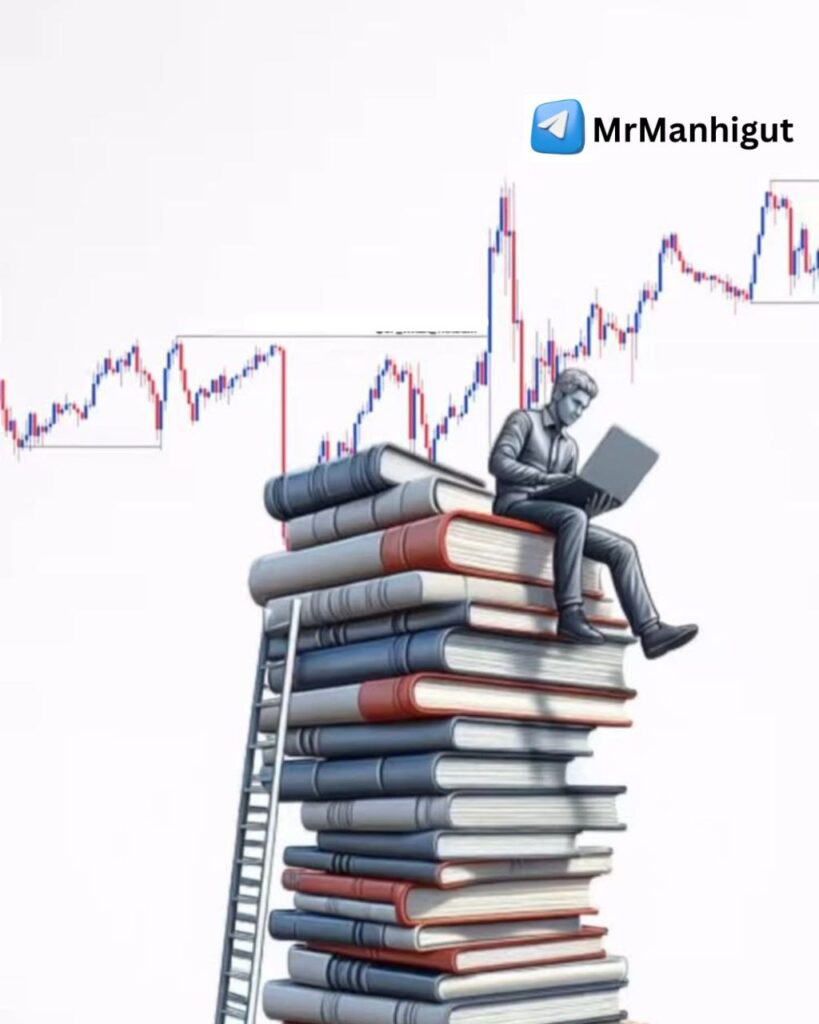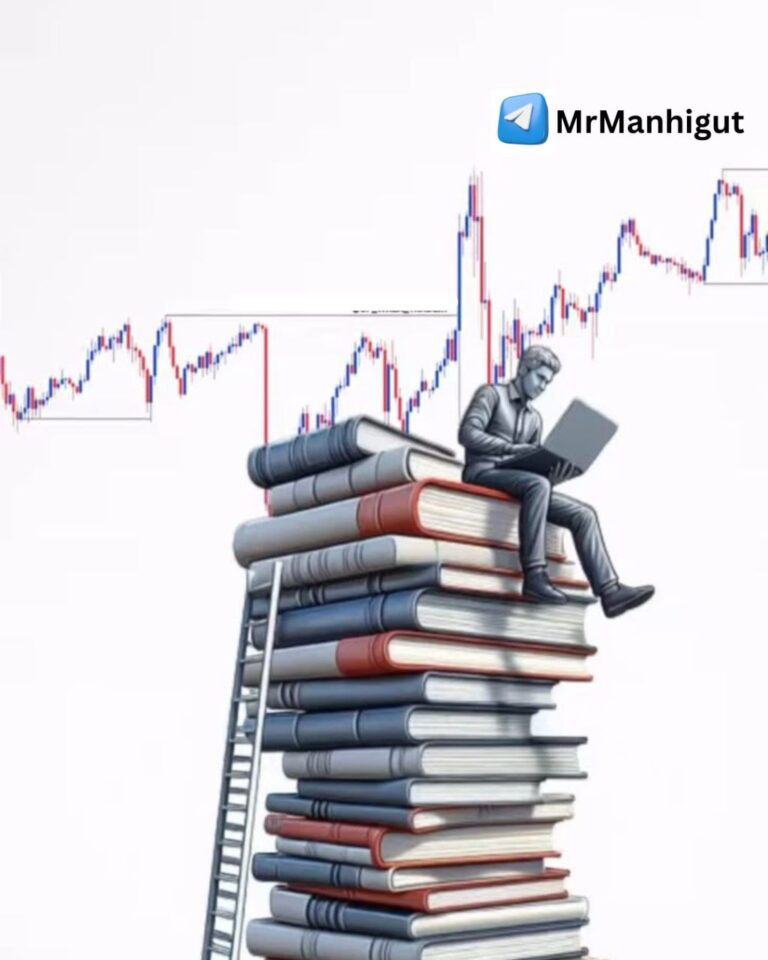
Table of Contents
- Introduction – The Reality of Forex Trading
- Understanding What Forex Trading Really Is
- The Illusion of Quick Wealth
- Lack of Education and Unrealistic Expectations
- Trading Psychology: Fear, Greed and Impatience
- Risk Management Mistakes
- Over-Leverage and Account Blow-Ups
- Absence of a Trading Plan
- Failure to Adapt to Market Changes
- Overtrading and Emotional Decisions
- Lack of Discipline and Consistency
- Social Media Influence and Fake Gurus
- Broker Problems and Trading Environment
- Get-Rich-Quick Mentality
- Ignoring Backtesting and Practice
- Lifestyle and Stress Factors
- Impatience with Compounding Growth
- Professional vs Retail Traders
- Habits That Lead to Success
- Conclusion – The Path to Consistency profitability
1. Introduction – The Reality of Forex Trading
Forex trading—the foreign exchange market—is the largest financial arena on earth, moving over seven trillion dollars daily. Yet statistics show that more than 90 percent of new traders lose money and quit within their first year. Why? Because trading is simple in concept but mentally and strategically demanding in execution. This post uncovers every major reason behind those failures and how to avoid them.
2. Understanding What Forex Trading Really Is
Many people mistake Forex for an investment scheme when it is actually speculation on currency price movements. Investors own assets; traders predict short-term fluctuations. Without knowing market structure, liquidity sessions, and macroeconomic drivers, a trader is operating blind.
3. The Illusion of Quick Wealth
Social media glamourizes Forex as instant riches: $100 to $10,000 in a week. Such fantasies ignore mathematical risk. Real pros treat trading like a business—building systems, journals, and discipline. The illusion of speed kills accounts faster than any technical error.
4. Lack of Education and Unrealistic Expectations
Most beginners enter the market after watching a few YouTube clips. They barely know how pip values or margin work. Forex requires continuous education on economics, chart patterns, money management, and behavioral finance. Ignorance makes a trader easy prey for market volatility.
5. Trading Psychology: Fear, Greed and Impatience
Fear causes early exits; greed causes over-sized positions; impatience causes over-trading. The battle is internal. A solid strategy fails without emotional control. Professional traders master self-awareness before market awareness.
6. Risk Management Mistakes
Risking 20 percent per trade is financial suicide. Professionals risk 1–2 percent. Proper position sizing and stop-loss placement keep you alive during inevitable losing streaks. Preservation of capital is the first rule; profits come second.
7. Over-Leverage and Account Blow-Ups
High leverage tempts retail traders with “big lot sizes.” At 1:1000 leverage, a 1 percent adverse move can erase an account. Brokers market leverage as freedom; in truth, it’s a loaded weapon. Low leverage equals longevity.
8. Absence of a Trading Plan
Without defined entry/exit rules, risk limits, and daily goals, a trader wanders emotionally. A written plan acts as a compass. You measure performance, track errors, and improve objectively.
9. Failure to Adapt to Market Changes
Markets evolve—volatility shifts, monetary policies change, liquidity cycles rotate. A strategy that worked in 2020 may collapse in 2025. Continuous review and backtesting keep a trader relevant.
10. Overtrading and Emotional Decisions
Equating frequency with skill is a trap. Each trade should have statistical edge and clear setup. Trading out of boredom or revenge turns you from analyst to gambler. Patience is a position too.
11. Lack of Discipline and Consistency
Consistency creates edge. Changing systems after three losses erases data and learning. Discipline means executing your plan regardless of recent results. Markets reward rule-keepers, not rule-breakers.
12. Social Media Influence and Fake Gurus
Instagram and Telegram are full of traders showing luxury cars and fake profits. They profit from selling courses and signals, not trading. Blind copying their methods breeds dependency and losses. Seek verifiable mentors and audited records.
13. Broker Problems and Trading Environment
Unregulated brokers may manipulate spreads, delay orders, or block withdrawals. Always verify license numbers with financial authorities and test execution speed. The broker you choose is part of your strategy.
14. Get-Rich-Quick Mentality
The desire for overnight success makes traders ignore process. Forex rewards long-term compounders, not sprinters. Even a 5 percent monthly return doubles capital in under two years. Patience builds wealth; greed destroys it.
15. Ignoring Backtesting and Practice
Backtesting tests logic; demo trading tests discipline. Skipping both means you practice with real money. Collect at least 100 sample trades on a demo before going live to know your system’s statistics.
16. Lifestyle and Stress Factors
Fatigue, debt, and relationship issues affect decision-making. Trading requires mental clarity. Healthy sleep, exercise, and routine reflection improve focus and reduce impulsive errors.
17. Impatience with Compounding Growth
Retail traders crave immediate results; professionals respect compound interest. Slow growth is still growth. A trader who keeps risk small and profits steady will eventually outperform the gambler.
18. Professional vs Retail Traders
Professionals follow process, record data, and control risk. Retail traders chase excitement. The difference is mindset, not tools. Institutions win because they think probabilities, not emotions.
19. Habits That Lead to Success
- Maintain a trading journal and review weekly.
- Study macroeconomic news regularly.
- Set realistic goals and avoid comparison.
- Take scheduled breaks to avoid burnout.
- Keep risk consistent on every trade.
20. Conclusion – The Path to Consistency Profitability
Forex trading is a mirror: it reflects discipline, patience, and self-control. Most fail because they seek excitement instead of structure. The formula for longevity is simple—education + risk management + emotional control + patience. Master these, and you move from the 90 percent who lose to the 10 percent who win.
Forex trading is a mental game, not just a financial one.
Most traders fail not because the market is unfair, but because they fail themselves — through impatience, greed, and poor discipline.
But you don’t have to be part of the 90%.
If you approach trading with the right mindset — treat it like a business, manage risk, learn continuously, and stay patient — you can build consistency and profit over time.
Remember:
“In Forex, your biggest enemy is not the market — it’s your emotions.”
Final Takeaway
Forex trading success is possible, but only for those who respect the process.
Education, patience, risk management, and discipline form the pillars of survival.If you master these four, you won’t just trade — you’ll thrive.



